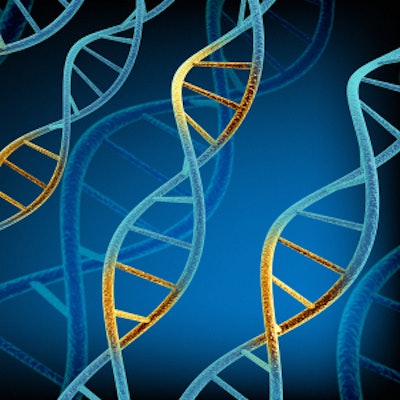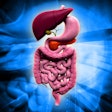
A new liquid biopsy blood test under development at Johns Hopkins University could detect up to seven types of cancer by using machine learning to help identify patterns in DNA shed from cancer cells and circulating in the bloodstream, according to a study published May 29 in Nature.
Researchers from the university's Johns Hopkins Kimmel Cancer Center have conducted a proof-of-concept study of the test, called DNA evaluation of fragments for early interception (DELFI). The study found that the DELFI technology accurately detected cancer DNA in 57% to 99% of blood samples from 208 patients who had cancers of the breast, colon and rectum, lung, ovaries, pancreas, or bile ducts.
The researchers also found that DELFI had few false positives. In a test of blood samples from 215 healthy people, the liquid biopsy test falsely identified cancer in just four cases.
The key to DELFI's strong performance is using a machine-learning algorithm to identify abnormal patterns of DNA fragments in the blood of patients with cancer, according to the researchers. The algorithm studies these patterns, helping identify the origin of cancers in up to 75% of cases.
The Johns Hopkins researchers say that DNA in the nuclei of healthy cells is "like a well-organized suitcase," where different regions of the genome are organized in different compartments. On the other hand, the nuclei of cancer cells have items from the genome "thrown in haphazardly."
DELFI can identify the presence of cancer by detecting abnormalities in the DNA in different regions of the genome and how it is packaged, they wrote.





